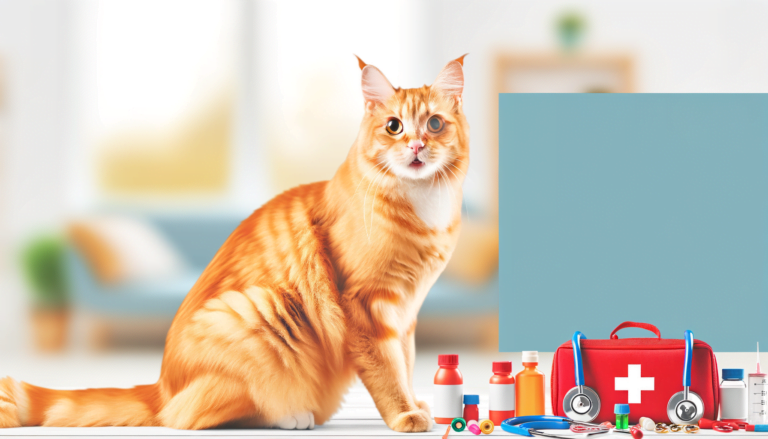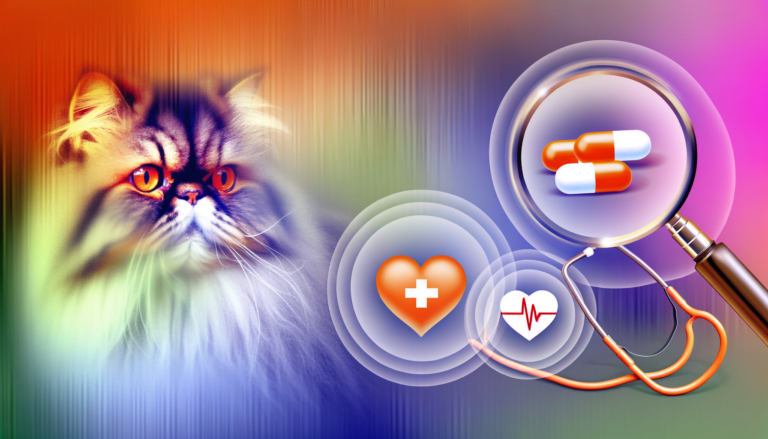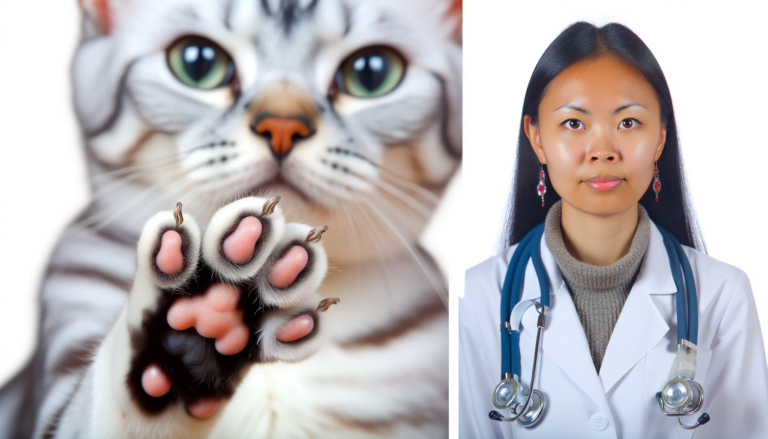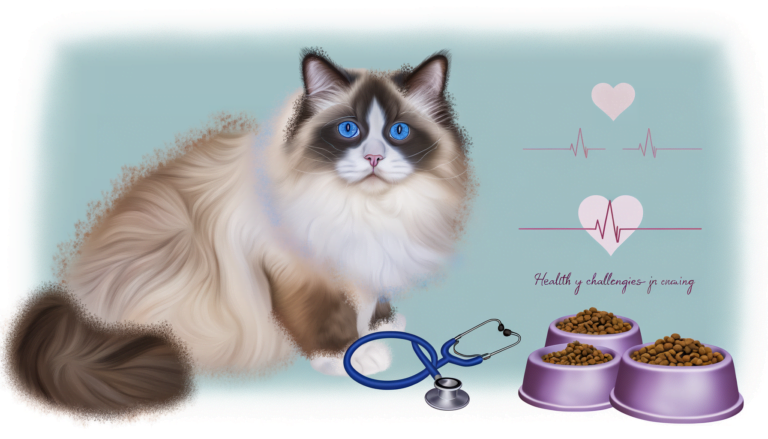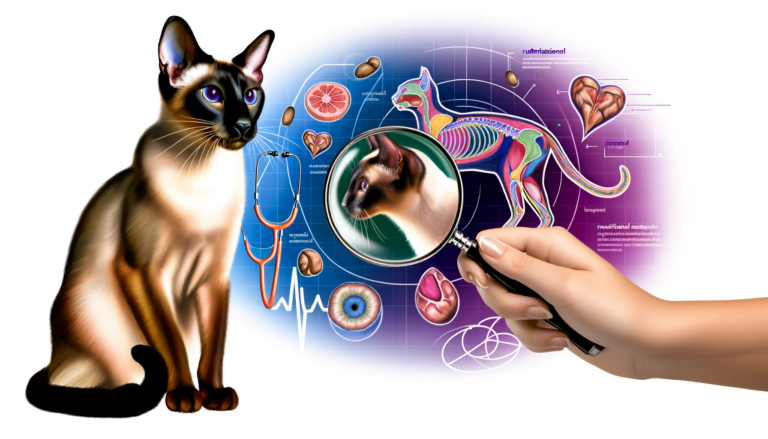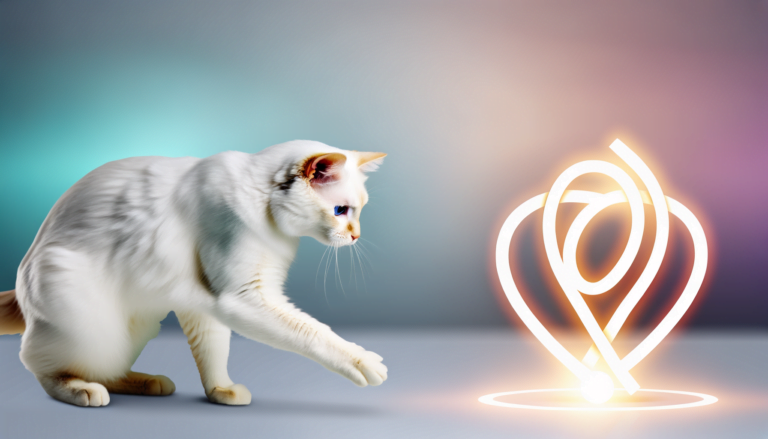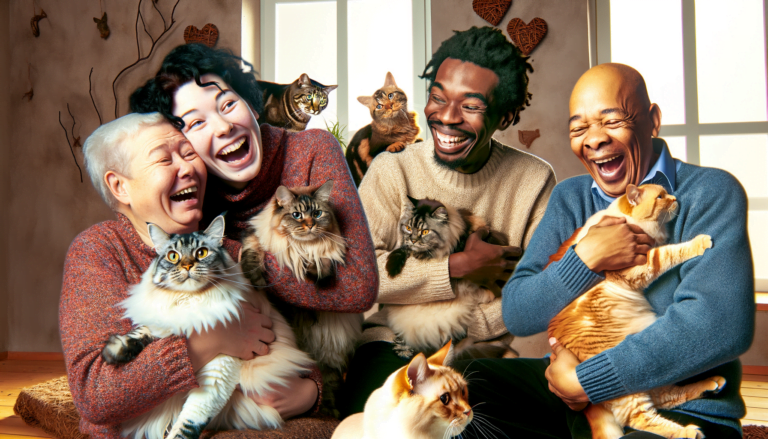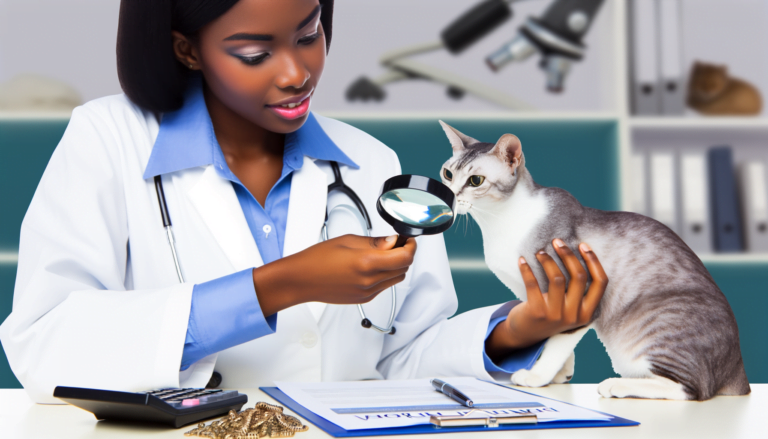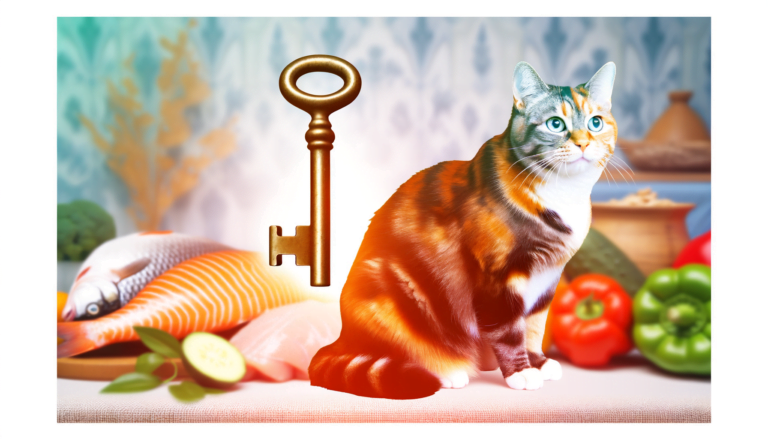Debunking Myths: Do Orange Cats Really Face More Health Problems?
Contrary to some beliefs, the color of a cat’s fur, including orange, doesn’t influence their overall health or predispose them to certain health conditions. The color of a cat’s coat is determined by their genetics, unrelated to their overall health. As long as they are given regular veterinary care, a balanced diet, and an enriching environment, orange cats can be just as healthy and live as long as cats of other colors. It’s essential to focus on every individual cat’s needs rather than making assumptions based on fur color.
